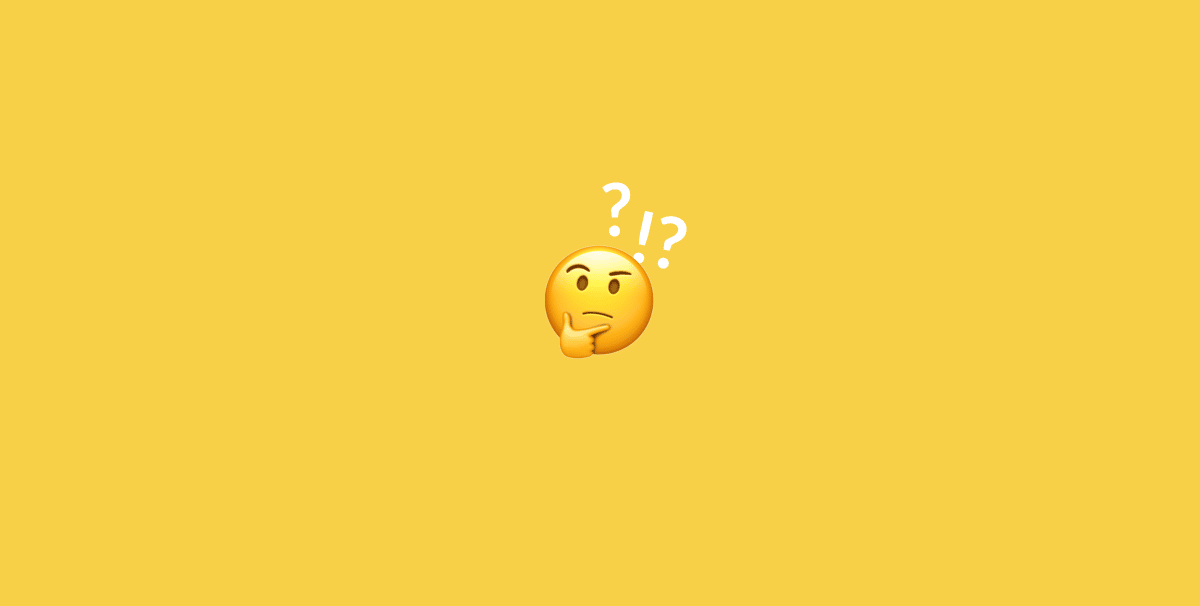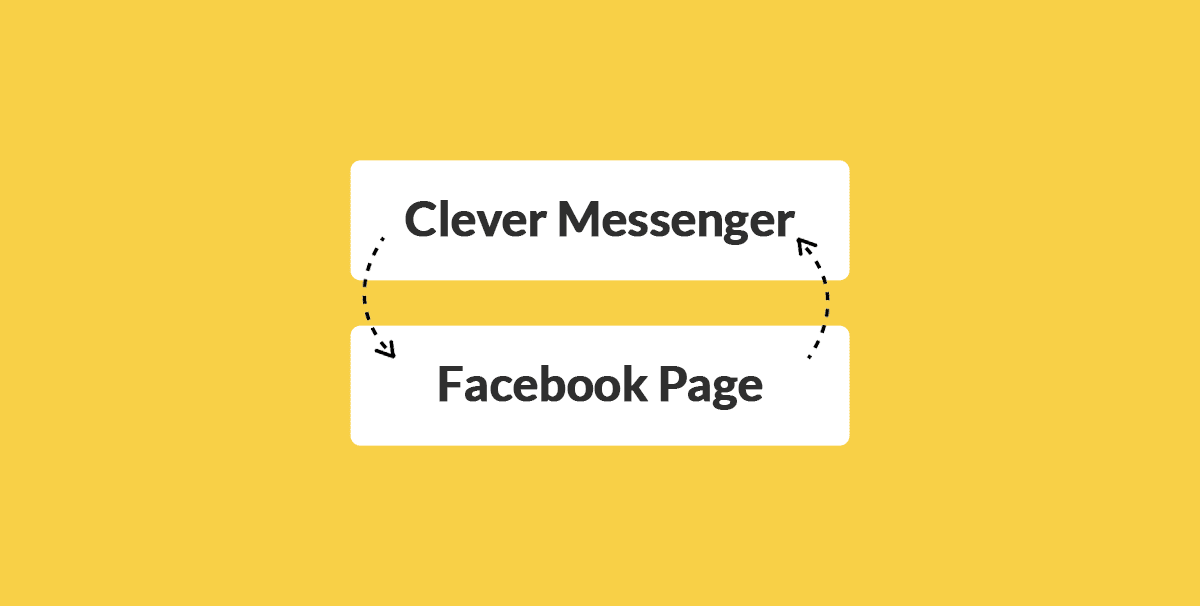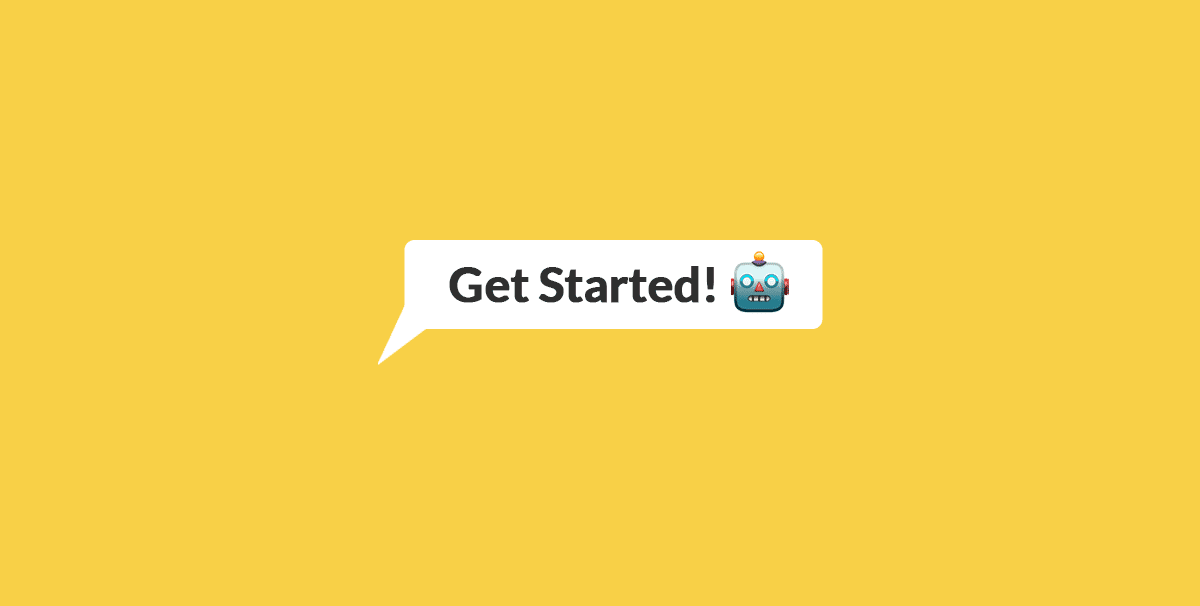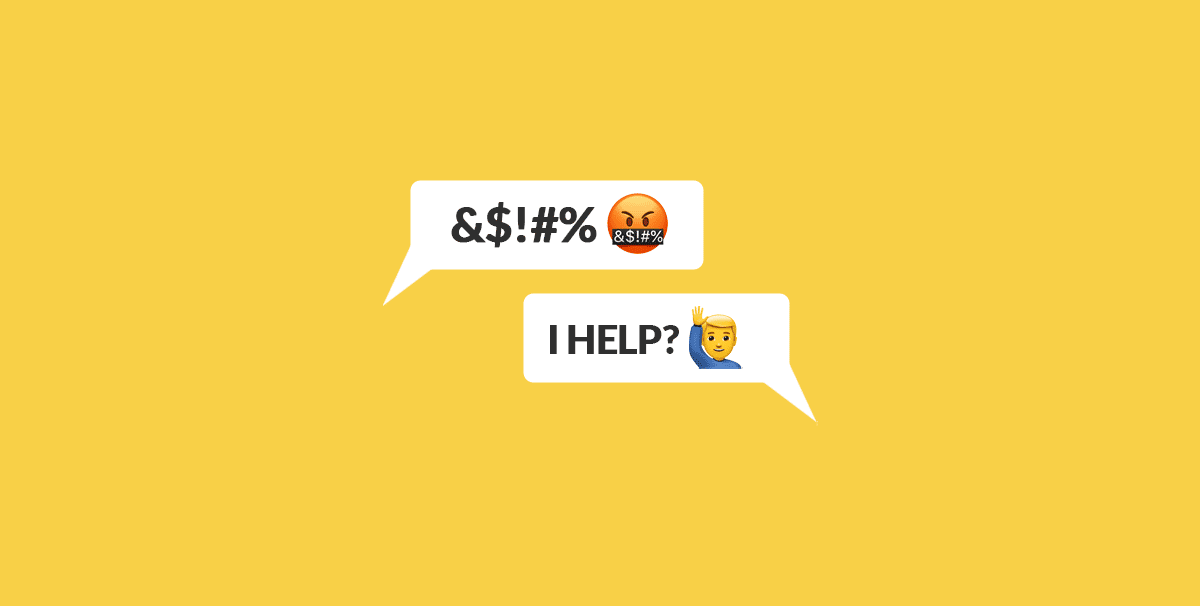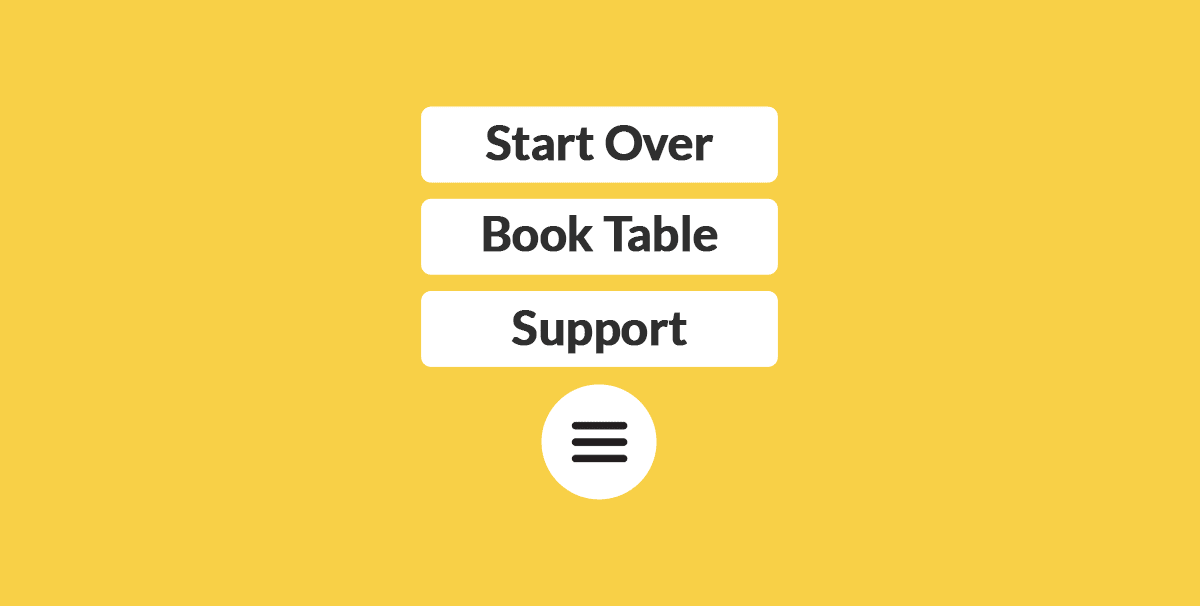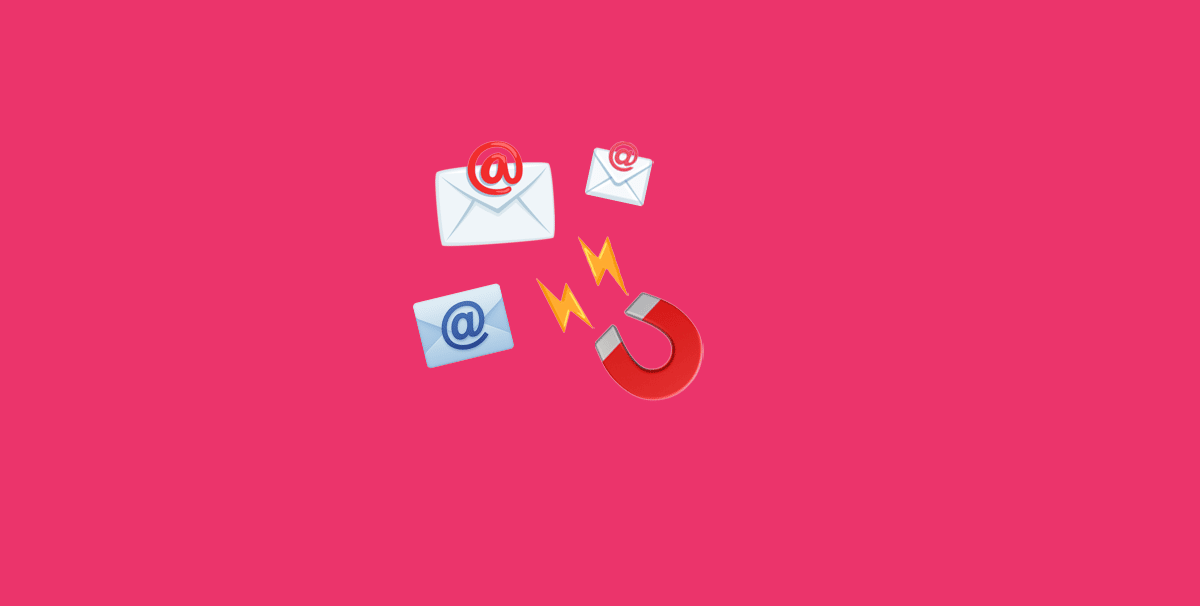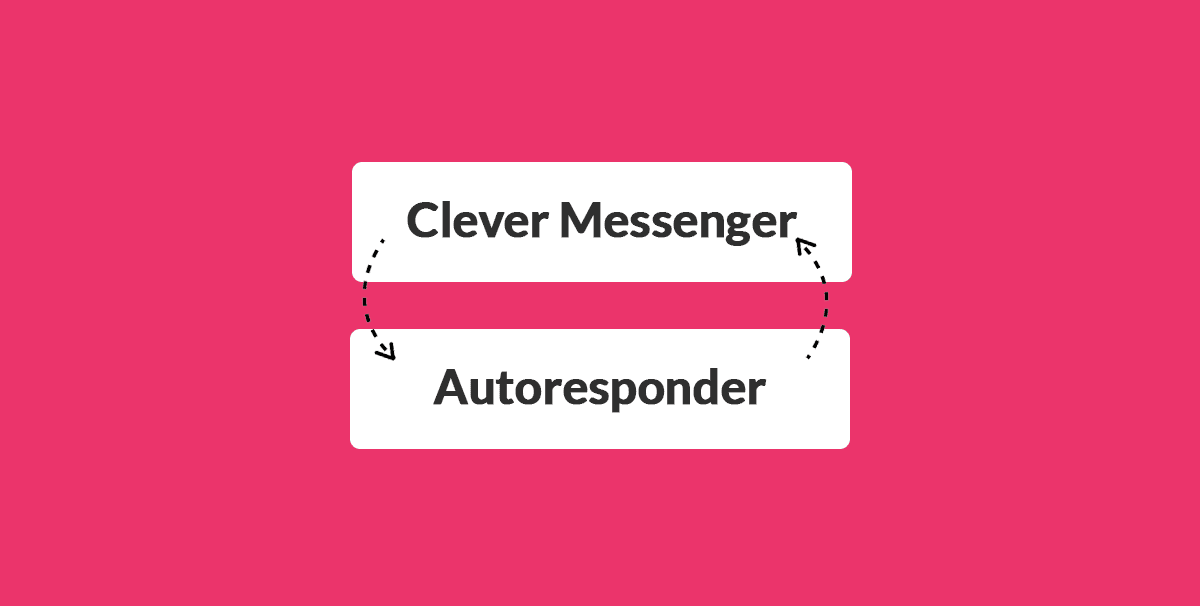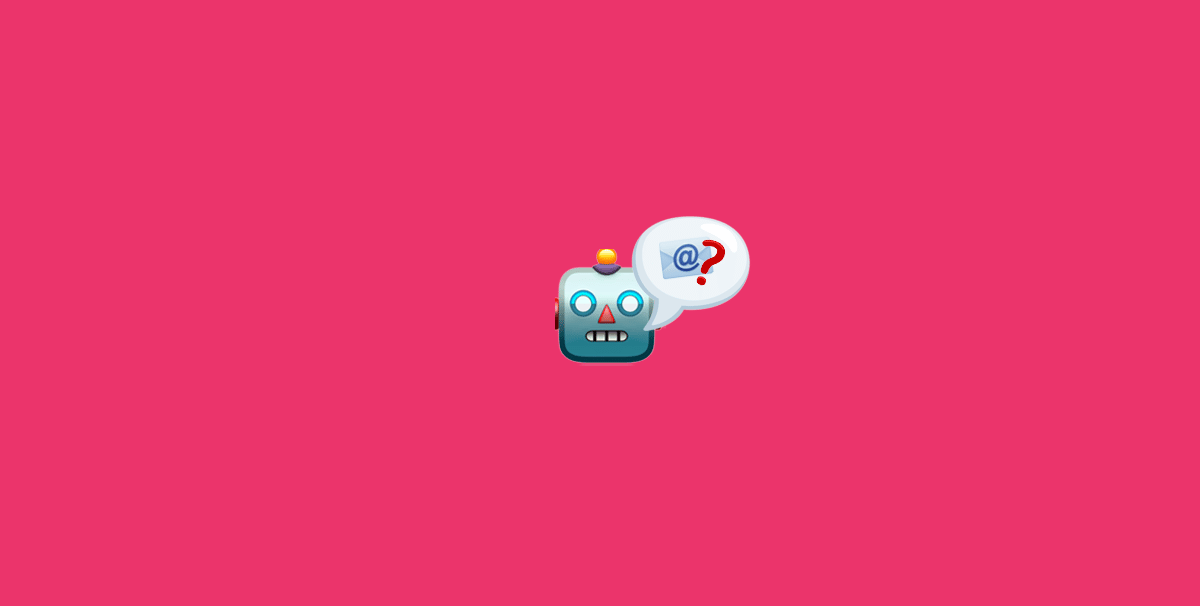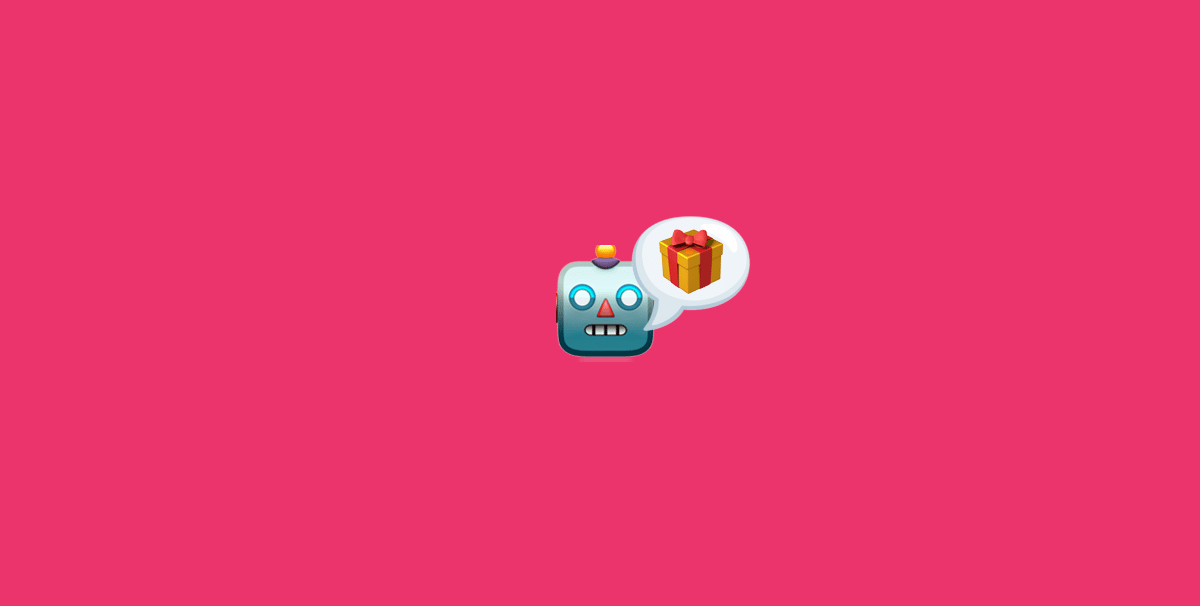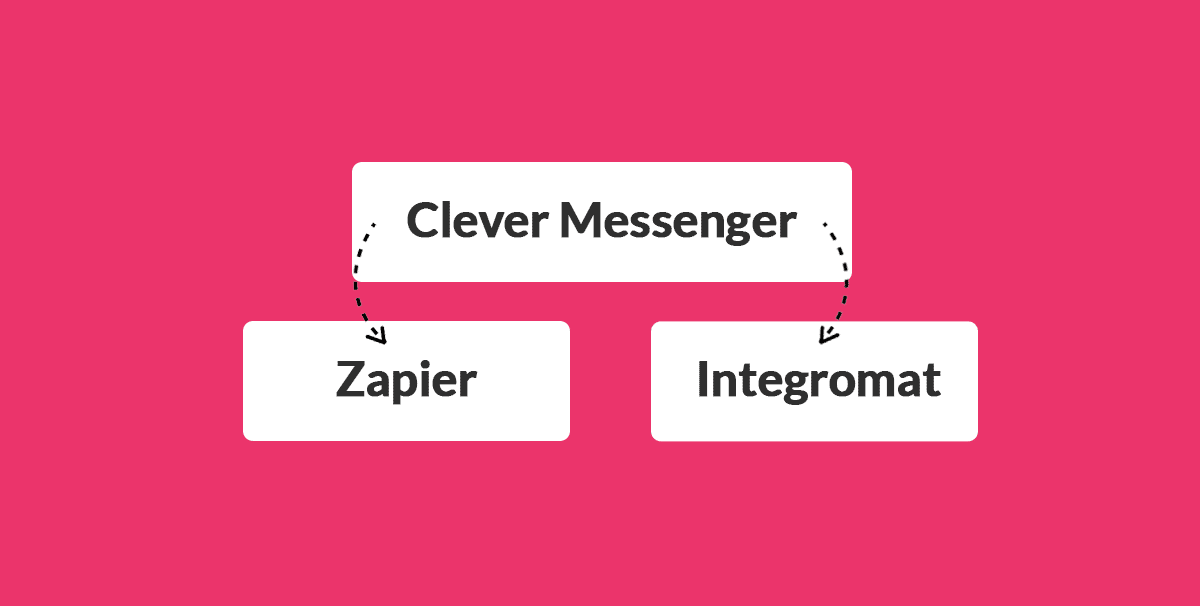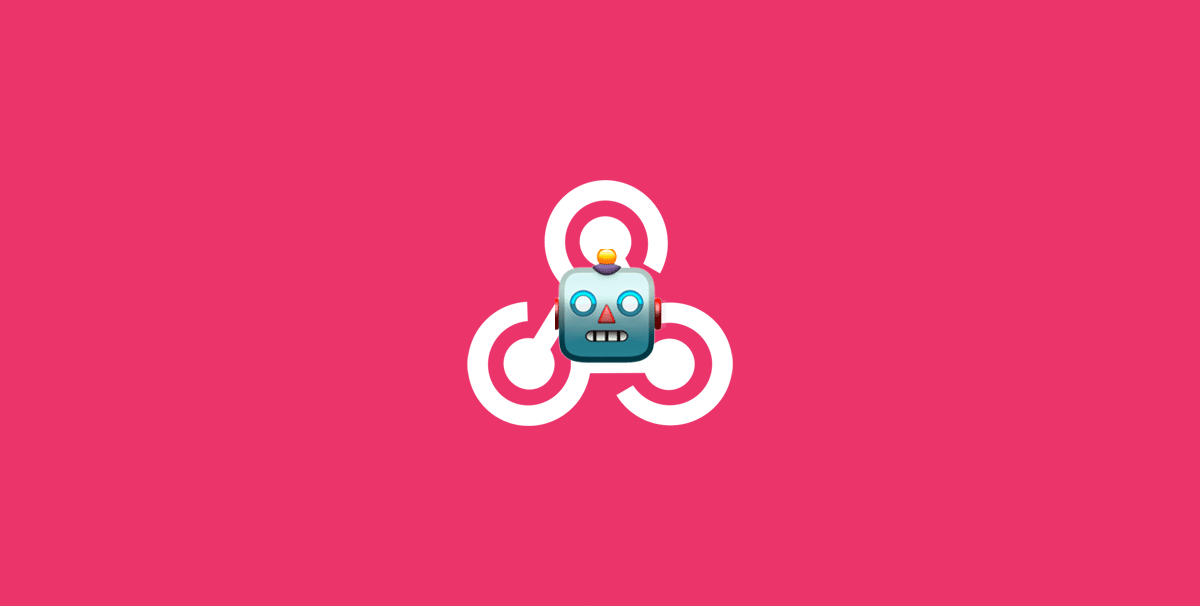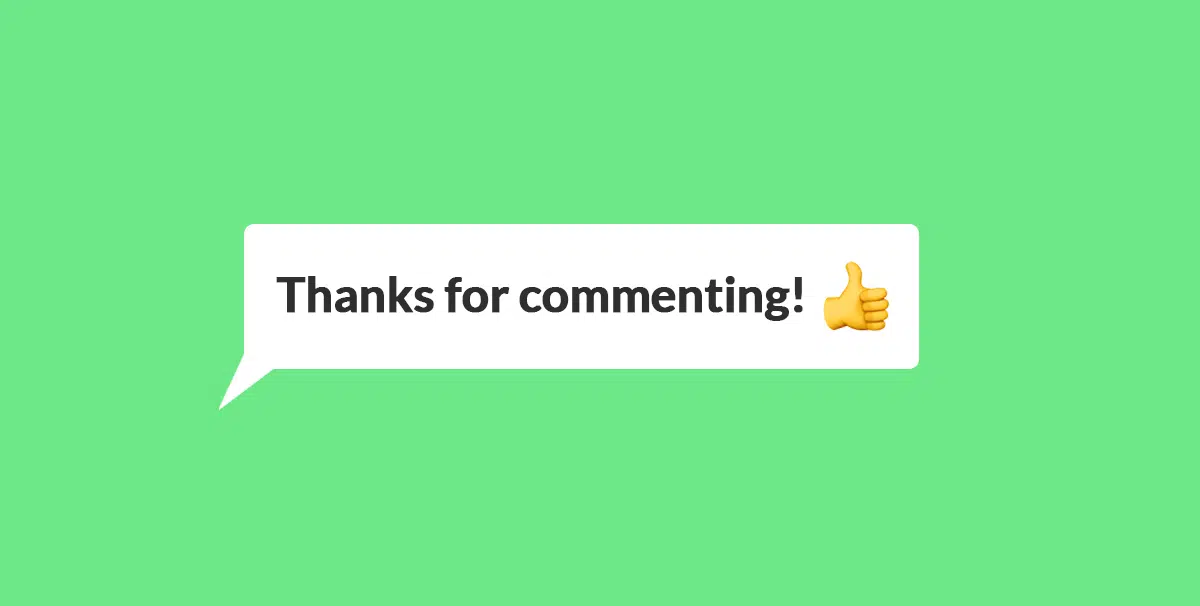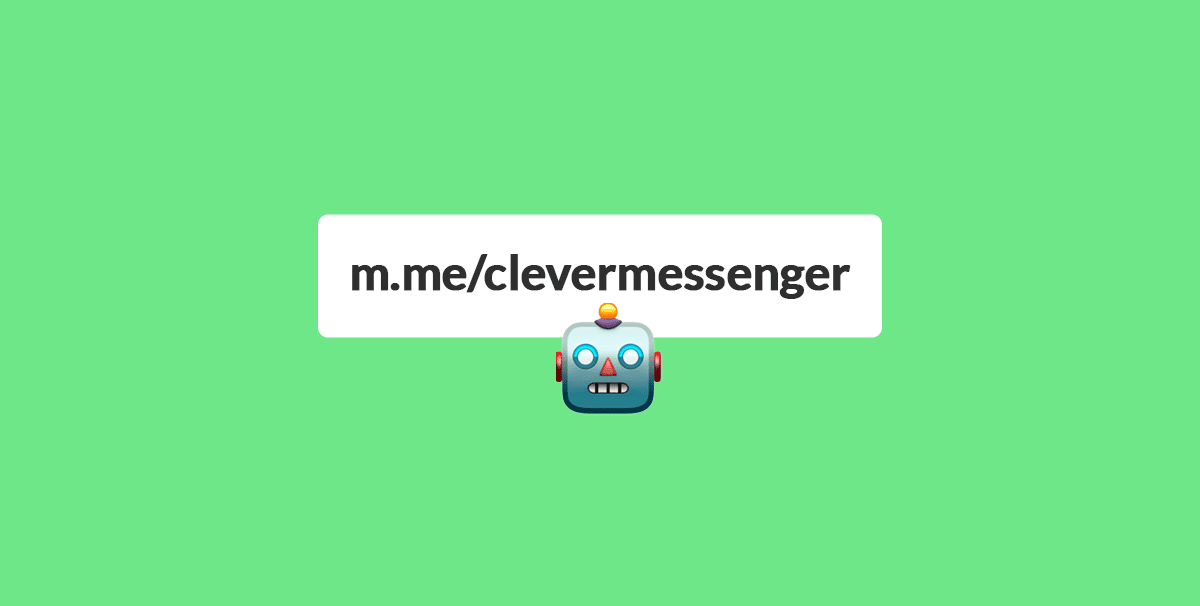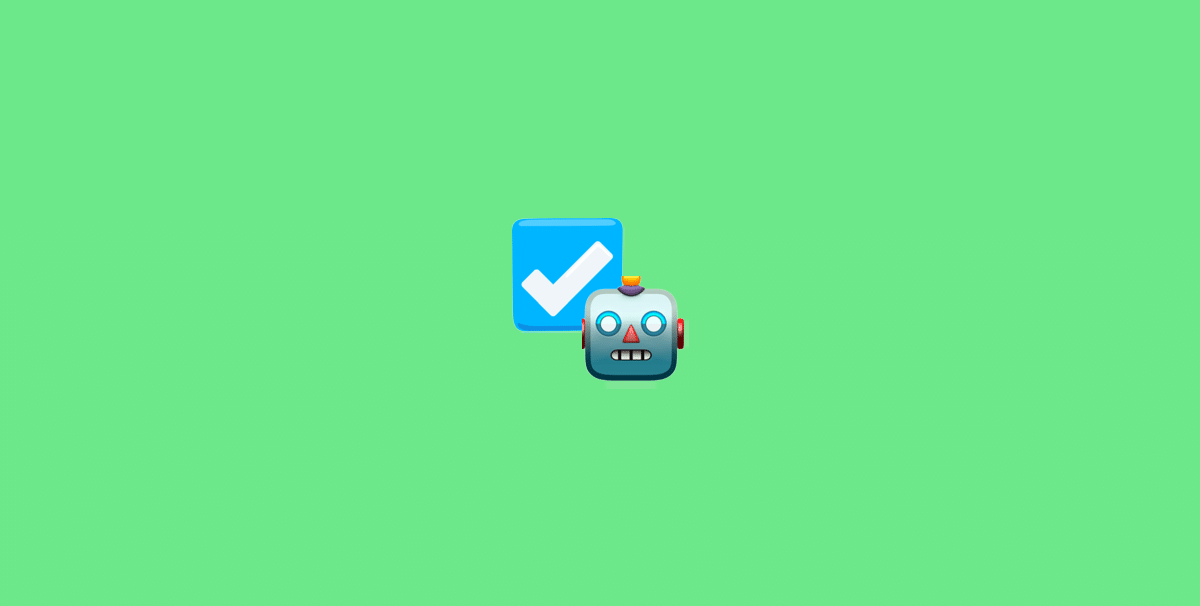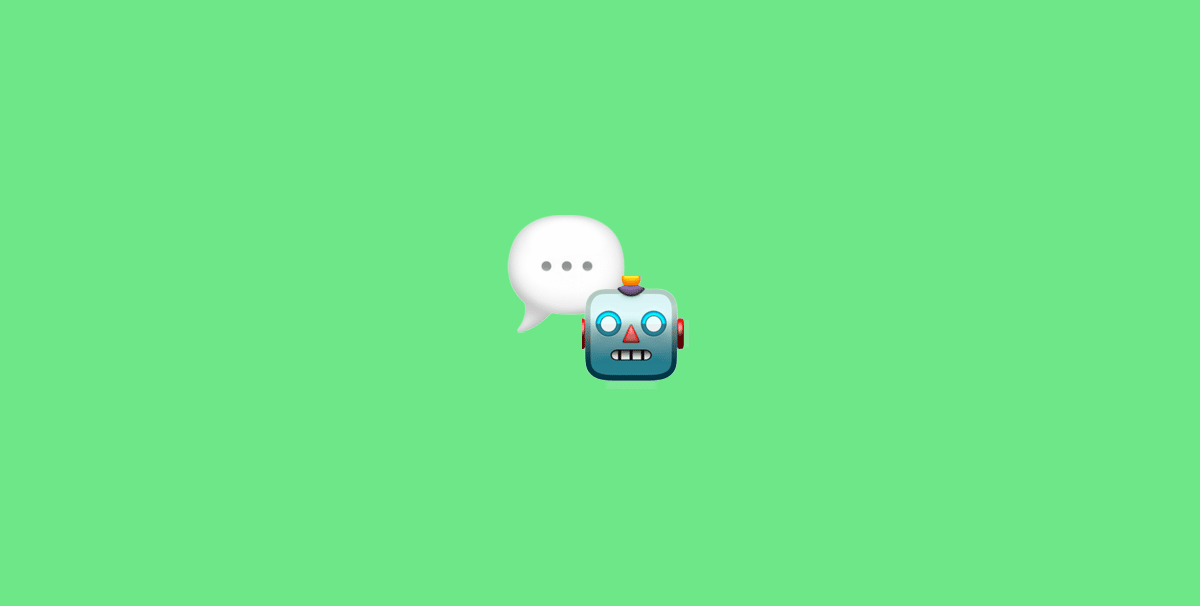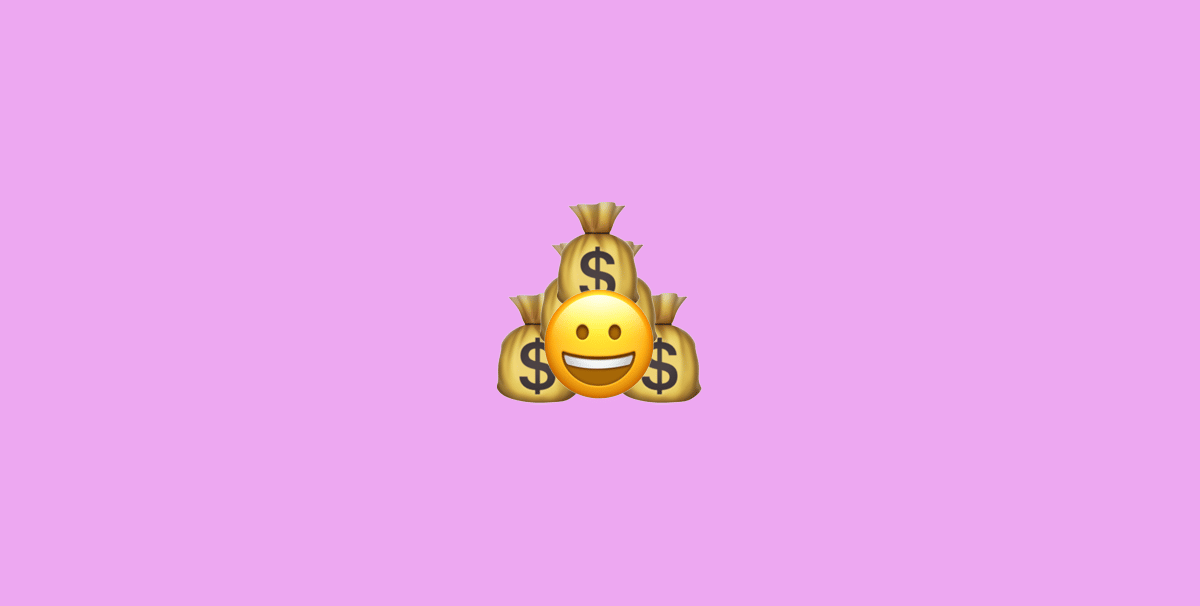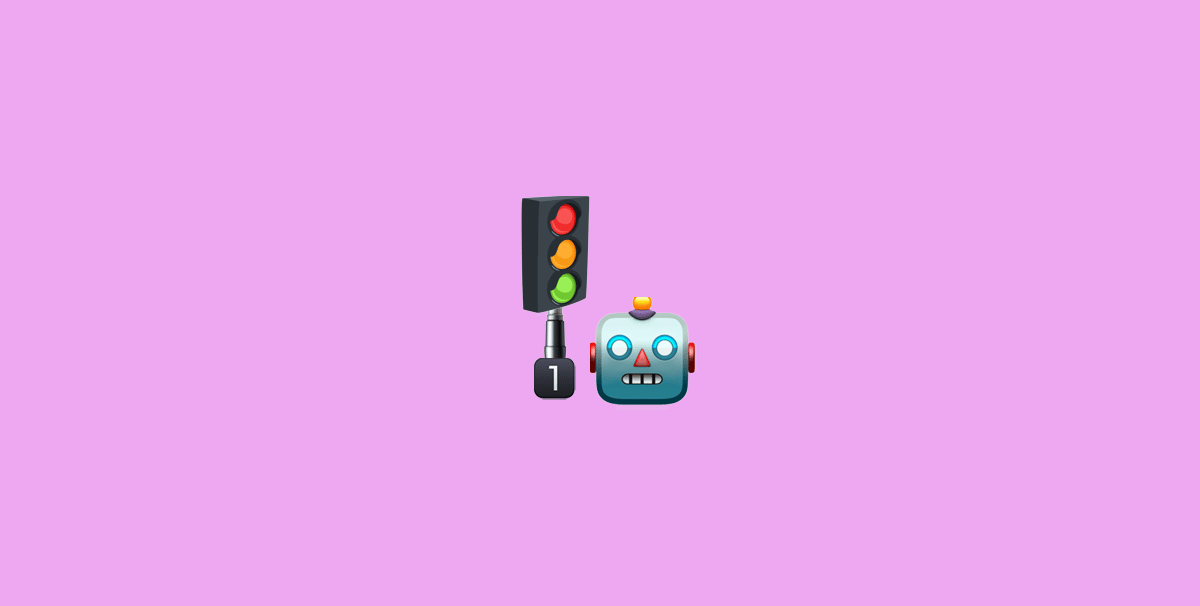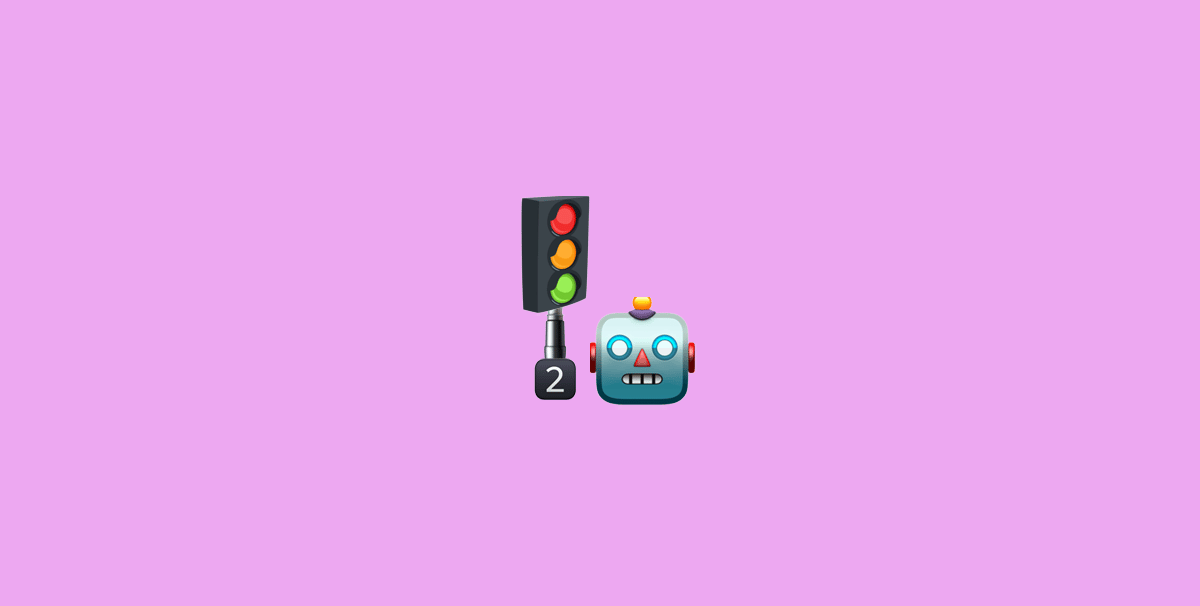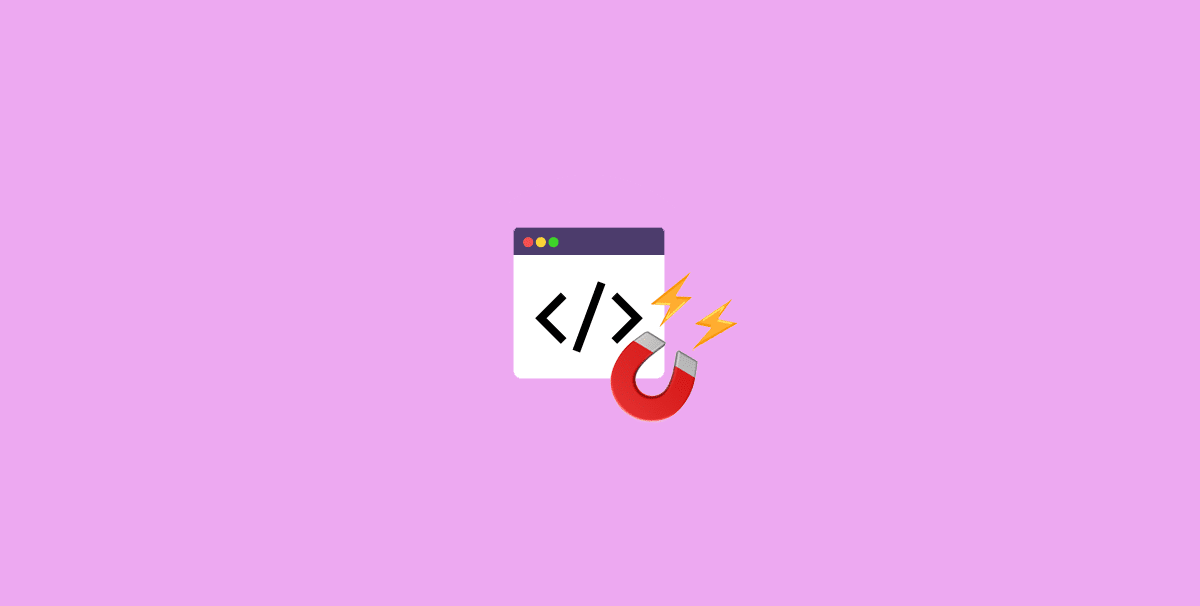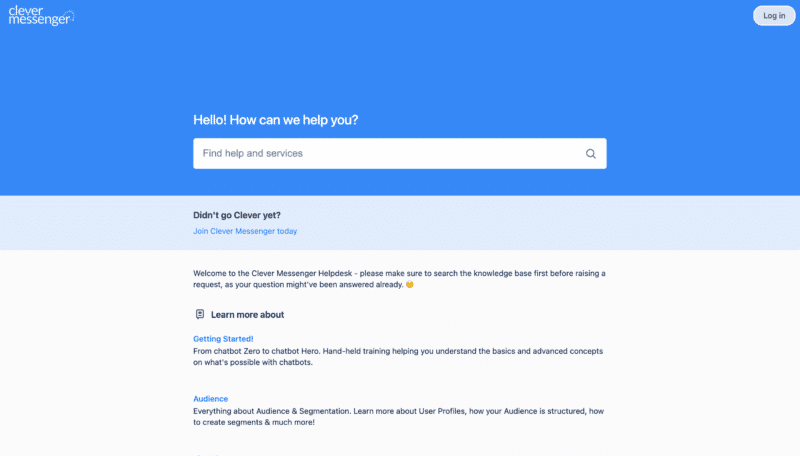- Hey there and welcome to module 1.2, what is a Chatbot? So in this module, you're going to discover a little bit more about what a chatbot is. But to be honest, if you made it this far already, you probably know what a chatbot is. However, I just thought it was a smart move, just to reiterate on this thing right here, so that you know what a chatbot is, and what kind of chatbot we are going to use throughout this entire training. So, at the basic level, a chatbot is a program that simulates and processes human conversation. Allowing humans to interact with digital devices as if they were communicating with a real person. And to be honest, you have probably interacted with a chatbot before, whether you know it or not. I mean, ever found yourself at your computer researching a product, checking things out, then suddenly a window pops up on the right side of your screen, the lower right, asking if you need help? Well, a big chance, that was a chatbot. Or perhaps you were on your way to a concert and you use your phone to request a ride via chat, again, big chance you are talking to a chatbot first. Now, to be honest, chatbots are everywhere, each and every time you have a support conversation, for example, there's a big chance that you are welcomed by a chatbot first, basically checking if your question has not already been answered. If it's a repeating question, then the answer you will get is probably from a chatbot as well. And that's about 80% of the questions people ask, 80% of the questions people ask to a support desk are repeating questions, and they can simply be answered by a chatbot. Now for the other 20% of cases that do need human interaction, the chatbot can actually already fine-tune and check what the actual issue is. Then the human can actually jump in and close that issue right away. It's a very, very efficient way. Now, this is just an example on how chatbots already do wonders on the support side of things, but chatbots can be used for ton more. Like qualifying leads, automating sales, improving conversions, sending cart abandonment messages. So, on the marketing side there's a big spectrum of options as well, where a chatbot can actually help. But how do they actually work? Well, driven by AI, automated rules, NLP, processing and machine learning, chatbots process data to deliver responses to requests of all kind. But there are two main types of chatbots. Some schools say that are three, but we believe that there are two. You have task-oriented chatbots, and data-driven chatbots. Now, while Clepher allows you to build both chatbots, task-oriented chatbots and data-driven chatbots, we are going to use the former. So no data-driven chatbots, because to be honest those are cool, but frankly not needed to get you the results you want. And between you and me, they are a bit more advanced than the task-oriented chatbots. So the data-driven chatbots, these bots are often referred to as digital assistants, and they are much more sophisticated, interactive, and personalized than a task-oriented chatbot. These chatbots are contextually aware, and leverage natural language understanding, NLP, machine learning to, they apply predictive intelligence and analytics to enable personalization based on user profiles and past user behavior. One of the examples is probably Apple's Siri, or Amazon's Alexa or Google Assistant. And then the one we are going to focus on, the task-oriented chatbots, are single-purpose programs that focus on performing one function. These chatbots can handle common questions, such as questions about hours of business, opening hours, what's on the menu, for example, if you have a restaurant chatbot. Or basically planning simple appointments if you want to plan in a call. These are currently the most commonly used chatbot, and this is the type of chatbot we are going to use throughout this training. Very, very simple stuff, but it gets the job done. This entire training is set up in a case model, so keep it simple, stupid model, basically making sure that you have a chatbot that greets and welcomes people, turns people into a Messenger subscriber, and then in an email lead so that you can follow up on both Messenger and email to close the sale. Very, very simple stuff, but it gets the job done. So what's the value of bots for your business? Now there is actually a ton of benefits you can have by implementing a chatbot into your business. I mean, it saves a lot of time, it can automate sales, qualify leads, it can unclog your support channels, a lot of customers have been using this for unclogging their support channels and basically delivering a stellar support service. Like I said before, they cancel 80% of repeat questions, very, very important. A deeper understanding of your customer. By checking the conversations customer has with your chatbot, you can actually get behind the customer and see what they actually are looking for, what they want. There is a personalization happening on a whole new level, in a conversational manner, which has just blown people off their feet. You got to way more marketing data, I think that is actually closer related to the deeper understanding as well. Boost overall efficiency of your customer service, presses the cost, very, very important. And one of my favorites, easy scalable. But they do other stuff as well, like qualifying leads, I said it before, these chatbots can already initiate qualifying questions. So basically a list of questions they ask to the subscriber, in order to further qualify if they are interested enough, have the funds to actually buy your product or service and so on, so by having the chatbot qualify the lead, you now have leads that you can send over to your sales team that are already hot, prepped and ready to go. This way you, or your sales team doesn't have to worry about all those awkward questions you need to ask, and the chatbot already did it for you. Very, very cool stuff. Now, obviously there is also a lot of value for customers in bots, did you know that 79% prefers chat and chatbots over calling on the phone, or general help? Very, very important stat right there. A chatbot is direct and personal as well, it offers more convenience for consumers, it's super fast in getting the resolutions as well. Again, like 24 seven availability throughout the entire week. There are a bunch more benefits, but I felt these were one of the coolest. So moving on to the common chatbot uses right here, chatbots are frequently used to improve the customer service experience on both the pre-sale and the post-sale side, with the aim of self-service and automating the processes. With a chatbot, common tasks such as answering generic presale questions, lead qualification, system status updates, outage alerts, and knowledgebase management can be readily automated and made available 24 seven. And we do practice what we preach as well. I mean, if you just type features, or ask our chatbot, can you tell me more about the features of Clepher? We give you an entirely new thing right here. And as you can see right here, I just instigated the bot, and here I'm asking if the chatbot can tell me more about the features, and right now we have this entire cool flow set up, where people can just scroll through as I'm doing right here, I'm trying to get an overview of the templates we got going on inside Clepher. In the templates feature, we got like three sub-tabs people can actually check out. And once you click on one of those buttons, you get a little bit more information about that feature, plus a button that leads to the full documentation link about that specific feature. Very, very cool stuff. And what does the future of chatbots hold? While they were previously thought of as a gimmick, a hype, chatbots are now here to stay forever. And especially in the last years, they have proven their worth. The scalability and cost-saving capabilities alone are reason enough to add a chatbot to your business immediately, and chatbots, while offering so many cool benefits to both businesses and customers are still in their infancy. There are so many more cool things to come, and with the dawn of 5G, you can actually think of voice, true AI and AR, stuff that can be implemented in your chatbot. It's already happening right now, but at a very, very low level. Very, very cool stuff. With that said, that's a little bit about chatbots from me, some of the benefits for your business, some of the benefits for your customers. But again, these are just a couple of those benefits that I thought I should share with you. I talk a little bit more about the types of chatbots and the type we are going to use throughout this training. Can't wait to get to that part as well. Yeah, thanks for watching this video and I will see you in the next one, bye for now.






